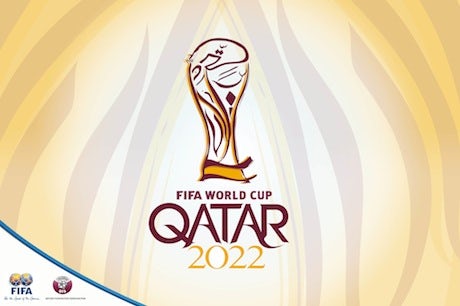‘Winter 2022 World Cup would be a commercial nightmare’
Despite FIFA refuting claims the 2022 Qatar World Cup will take place in the Winter there is little doubt this will happen. The switch could ruffle sponsors and broadcasters into renegotiating their deals and spark a “commercial nightmare”, according to sponsorship observers.

The governing body has denied the statement made by its number two Jerome Valke yesterday (8 January) and has stressed no final decision will be made until after the 2014 World Cup. Valke, who is tasked with looking at alternative dates due to Qatar’s blazing summer temperatures, reportedly said the competition would likely be played between 15 November and 15 January at the latest.
Clubs, players and fans have hit out at the prospect of the event disrupting domestic football seasons. And while sponsors and broadcasters are unlikely to react publically in a similar manner with the tournament so far away, sponsorship experts suggest many will attempt to renegotiate deals if it clashes with the key festive trading period in many key markets. Established FIFA partners such as McDonald’s and Coke would be forced to tweak their strategies to avoid “cannibalising” a period when they would normally enjoy strong sales based on seasonal demand, they add.
James Hough, managing director at Mediacom Sport UK, which is working with World Cup 2014 brands on their strategies, says: “From a UK market perspective, sponsors of the Premier League and FA Cup will have to rethink their plans also due to the disruption and potential reduced exposure that the brands receive over the festive period. The Premier League calendar will be forced to arrange its fixtures around the finals. We’d be looking at a July kick off for starters with a likely finish date of the following June. This would mean that we would also lose a large majority of the festive fixtures where a large proportion of the sponsorship value comes from.”
Such a radical change to the tournament would challenge sport across many levels, as it would disrupt the 2022 Winter Olympics, African Cup of Nations and many other events.
Rob Sellers, director at shopper marketing agency Dialogue, which is working with brands on how they can activate around the 2014 World Cup in-stores, warns the biggest European clubs could “conceivably” block any schedule change if they fear the commercial costs are too great.
“National teams are no longer the shining sponsorship jewels they were. The biggest assets are the clubs and the star players. They are globally supported, transcending the pretty limited concept of nations,” he adds.
The credibility of Qatar hosting the tournament was already in doubt with industry observers questioning the country’s human rights record. Most recently, organisers have come under fire following reports of the use of slave labour to build the stadiums. All of these tensions can make sponsors uneasy.
The one stakeholder group which could possibly benefit are the fans. They will now be able to enjoy the tournament in more comfortable temperatures, while brands can make the most of experiential activations in and around the country.
But Joel Seymour-Hyde, vice president of strategy at sponsorship consulting group Octagon, warns: “While the climate will be cooler for fans, getting them to visit could be tricky if it clashes with a time they normally spend with friends and family.
”It’s quite rare to be having such rigorous debate about an event so far away. From a marketing perspective who knows what marketing channels will look and how sponsorship strategies will have changed.”






